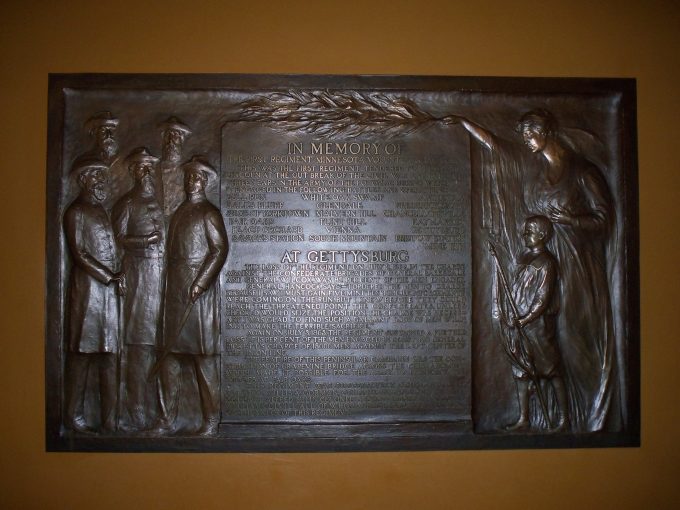
For neither at any time did we use flattering words, as you know, nor a cloak for covetousness—God is witness. 1 Thessalonians 2:5
Paul has been defending his presentation of the gospel message, and the sincerity of himself and those with him as well. He continues with this by saying, “For.” He had just said that they spoke, not as pleasing men, but as tested by God. The word “For” builds upon this by saying, “For neither at any time did we use flattering words.” The word translated as “flattering,” kolakeias, is not found anywhere else in Scripture.
There was no flattering, or buttering up, of the those they talked to. They didn’t tell them how smart they were, or note anyone who lived a lavish lifestyle, as if fawning over them. Instead, they came without any pretense at all, and they simply presented the gospel. It was probably a presentation similar to that made in Acts 17 when Paul spoke to those in Athens. While there at the Areopagus, he told them their state, he told them of their need for Jesus, and he explained to them in their common language how they could be saved. At the end of his discourse, it says that many rejected him, but some believed.
He continues on in this verse by saying, “as you know.” They were fully aware of how he dealt with them, and so his words in the letter are to remind them of this, not to convince them of something they were previously unaware of. After this, he says, “nor a cloak for covetousness.”
The word he uses for “cloak” gives the idea of that which is evident to anyone who sees. In other words, if they had a cloak for covetousness, their true state would be hidden under a false covering of piousness, but underneath would be greedy hearts of covetousness. Rather than this, their outward appearance matched what lay below in their hearts.
He then finishes up the verse with “God is witness.” He can only expect those in Thessalonica to accept his testimony at face value in matters which concerned them. Any other places they went to evangelize, and their attitude towards those people, would be unknown to the Thessalonians. Therefore, Paul calls God as his witness to confirm that what he says is true. His words are reliable, and his testimony is sound.
Life application: It should be that our lives are lived in such a way that we are always the epitome of integrity. We should never have a false cloak which covers up hearts which are covetous or deceitful. Let us remember that we live in the Lord’s presence at all times, and that we are accountable to Him for how we live out our lives.
Lord God, You are always with us, and you always see our deeds. You search our hearts, and You test our ways. Because of this, help us live in fear of being displeasing to you. Help our hearts not to be covetous or deceitful. Instead, help us to be faithful followers of You at all times. May we stand accepted and approved concerning our deeds when we stand before You and receive our fair and impartial judgment. Help us in this Lord. Amen.
